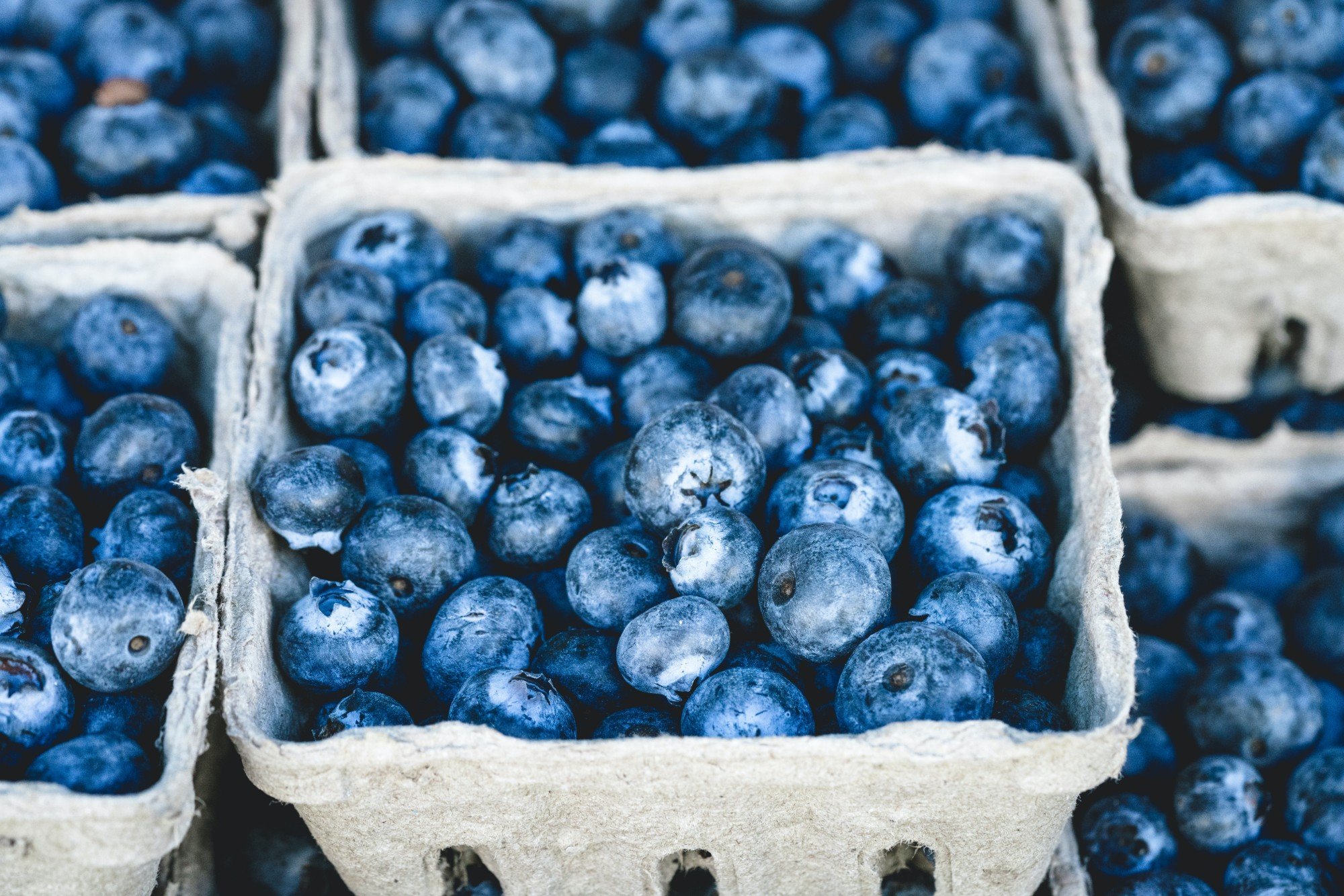THE SOLUTION
BUY LOCAL & SEASONAL
Long supply chains mean more time between harvest and consumption, resulting in a much higher chance of food spoiling. No farmer or supplier can take this risk and so lots of packaging is used to ensure foods can survive the long distances needed to travel.
AVOID WHOLESALE
Wholesale businesses buy products in bulk and then divide that product into smaller amounts, wrapped in plastic, ready to be sold.
BUY IN BULK
Ordering 5kgs of oats usually results in five one-kilo packages, while 20kgs comes in one large sack. Buying in larger quantities means less packaging; consider bulk purchases if you have storage space.
Similarly, with meat, portioned cuts often come wrapped in plastic, but purchasing the whole animal reduces packaging.
SPEAK TO SUPPLIERS
Take note of unnecessary packaging and discuss it with suppliers to reduce waste. Request suppliers to use reusable transit packaging if possible.
You shouldn’t need to purchase crates (see notes from Doug below) but Teacrate and IFCO both produce reusable containers for fruit and vegetable deliveries. Home compostable packaging/reusable bags can be used for items prone to wilting and rotting. Stainless steel pails can be bought online for dairy and to avoid Styrofoam, search for ‘reusable plastic fish boxes’, available from many online suppliers.
Reducing waste leads to cheaper waste management, and investing in reusable transit packaging can be cost-effective in the long run.
SUPPORT THE RIGHT SUPPLIERS
Supporting and switching to those willing to make positive changes will encourage other suppliers to do the same.
Go direct to suppliers that share your values. Look for agroecological farmers using regenerative practices!
Advice from Silo’s
Douglas MCMASTER
Go Direct to suppliers and use small businesses.
Not only does direct trade mean fresher produce and superior quality but you also have a much better chance of organising zero waste deliveries. Leafy veg picked that morning is so fresh that it doesn’t need to be wrapped in plastic. Asking for sustainable packaging from a day boat fisherman is far less complicated than asking a wholesale fish market. Keep in mind that some wholesale suppliers will be able to go plastic-free, so still ask!
Save your money on reusable crates.
In the meat and veg industry, there are enough reusable crates in the system that you shouldn’t need to buy them yourself. Silo constantly has a supply of reusable crates as drivers on a busy schedule never wanted to wait around to take them back. Keep a lookout, you shouldn’t need to buy your own!
Avoid items you can’t get plastic-free.
This can be a challenge but embrace it. These limitations will encourage creativity in your team.
Click here to read more from Doug - he goes into detail on how to achieve sustainably packaged deliveries, including what suppliers Silo uses and information on milk pails.



